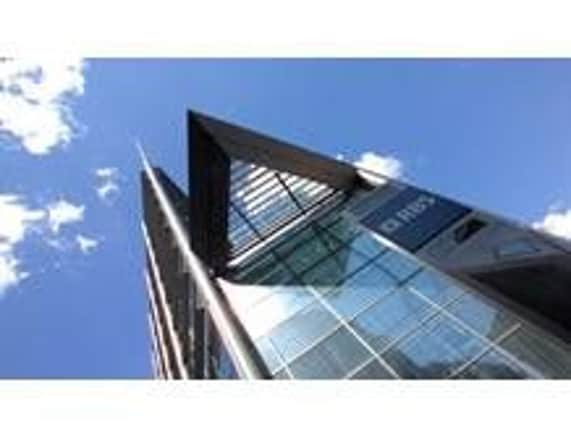RBS could miss profit target after Brexit warning


The warning came as the state-controlled bank reported strong first-half results, including a £1.7bn dividend, delivering a surprise windfall for the taxpayer.
Analysts said the bank’s outgoing CEO Ross McEwan has put RBS on a surer financial footing, but his successor will face major challengesto steer RBS through the Brexit fallout and return the lender to private hands.
Advertisement
Hide AdAdvertisement
Hide AdRBS said that some of its customers struggled in the first half of the year as the chance of a disorderly departure from the European Union rose.
It reported a modest increase in default rates among personal banking customers, a decline in property valuations in the retail sector and said large companies are delaying financing due to Brexit uncertainty.
RBS' chairman Howard Davies said the bank faces another period of economic and political uncertainty.
“The subdued outlook for interest rates is affecting all banks, global economic growth prospects are less favourable, trade tensions between China and the US continue to be strained ... and that’s also affecting market confidence,” he said.
Advertisement
Hide AdAdvertisement
Hide AdThe bank said the tough outlook would make it very unlikely it will meet its target of achieving a 12 per cent plus return on tangible equity - a measure of profitability.
Richard Hunter, head of markets at interactive investor, said he was particularly disappointed by the guidance for 2020, which he said implies a miss on the bank's previously stated targets for return on tangible equity.
"Much of this is attributable to the economic uncertainty which will no doubt arise from the UK’s exit from the European Union, let alone the strains on global economic growth which are being exacerbated by the accelerating China/US trade spat," said Mr Hunter.
"On balance, there has been significant progress but challenges remain, some of which are outside the bank’s immediate control. In so far that the bank has weathered bigger storms, it should be equipped to address those which are on the way.”
Advertisement
Hide AdAdvertisement
Hide AdRBS, which has undergone a major turnaround since its £45bn bailout in the financial crisis a decade ago, said it would struggle to reduce its cost to income ratio to below 50 per cent by 2020, although this remained its medium term goal.
RBS announced the £1.7bn windfall for investors after the sale of a stake in Saudi bank Alawwal helped to support a 48 per cent increase in firsthalf pre-tax profits to £2.7bn.
The Government, which still owns 62 per cent of the RBS - will receive £1bn.
RBS said its overall lending business remains healthy, but it reported an increase in bad loans of £182m million pounds for the first half compared with the previous year.
Advertisement
Hide AdAdvertisement
Hide AdThe bank also warned of pressure on margins due to intense pricing competition in mortgages, after similar warnings from Barclays, Lloyds andYorkshire bank's owner CYBG.
Analyst Edward Firth at broker KBW said: “This is overall another set of disappointing of results from RBS, which is now facing an extremely demanding operating environment.”
Excluding a £700m boost from the sale of RBS’s Alawwal stake, RBS pre-tax profits of £2bn narrowly beat analysts' forecasts of £1.9bn
The bank followed up on its first full year dividend in a decade with an interim dividend of 2p per share and a special dividend of 12p.